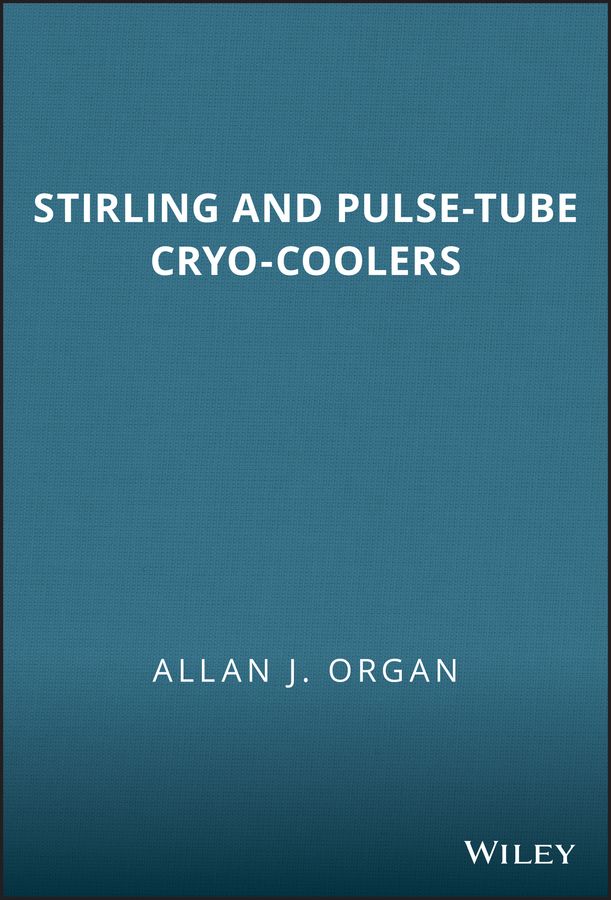Modern technology calls increasingly for provision of cooling at cryogenic temperatures: super-conductivity research; imaging equipment for search-and-rescue; contemporary diagnostic medicine (MRI – magnetic resonance imaging); space exploration; advanced computer hardware; military defence systems. Where it is desirable to generate the cooling effect close to the point of heat removal, electrically powered Stirling and pulse-tube machines offer advantages over traditional, passive systems (Leidenfrost and Joule-Thomson). <p>Until now there has been no agreed approach to the thermodynamic design of either type. In particular, the choice of regenerator packing has remained a matter for time-consuming – and thus expensive – trial-and-error development. There has been no way of knowing whether an existing ‘fully developed’ unit is performing to the limit of its thermodynamic potential.</p> <p><i>Stirling and Pulse-tube Cryo-coolers</i> addresses these problems. </p> <p>Features include:</p> <ul type=”disc”> <li>An ideal cycle for the pulse-tube yielding heat, mass-flow and work;</li> <li>Previously unseen phenomena of real gas behaviour;</li> <li>Pictorial reliefs of pressure wave interactions;</li> <li>Multiple wave reflections in graphic perspective</li> <li>First solution of the ‘regenerator problem ‘ by a full, unsteady gas dynamics treatment;</li> <li>First ever depiction of pulse-tube boundary-layer events (heat conduction, ‘streaming’) driven by interacting left-and right-running pressure waves</li> <li>First analysis of the graded regenerator and optimisation of gas path design;</li> <li>Embryonic ‘cook-book’ method of ab initio cooler design based on dynamic similarity and thermodynamic scaling.</li> </ul> <p><i>Stirling and Pulse-tube Cryo-coolers</i> raises the threshold from which first-principles design of regenerative cryo-coolers may start. Those wishing to extend their study of the subject beyond the well-trodden, ideal gas/quasi-steady-state rationalisations will require this book.</p>
Transport technology and trades
Stirling and Pulse-tube Cryo-coolers
₹28,507.00
This book is currently not in stock. You are pre-ordering this book.

